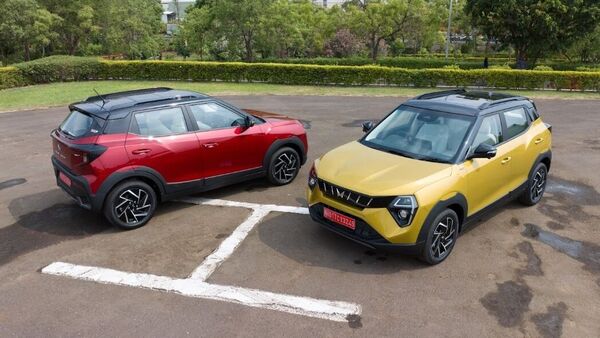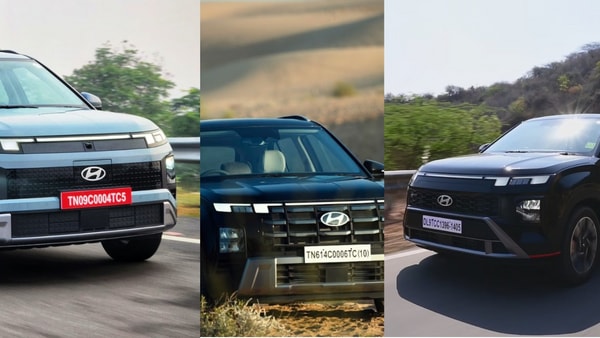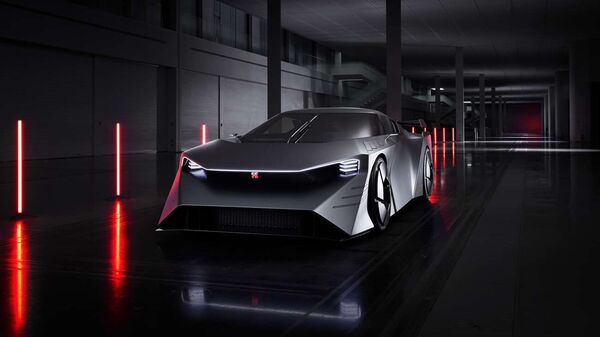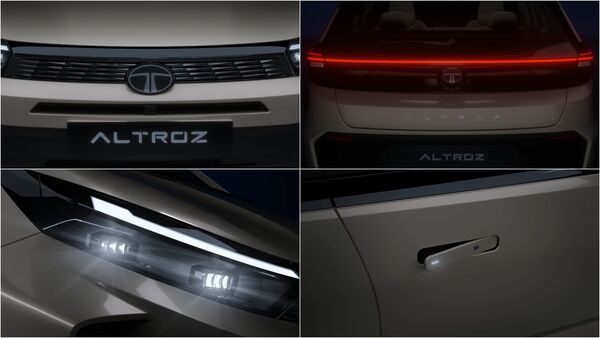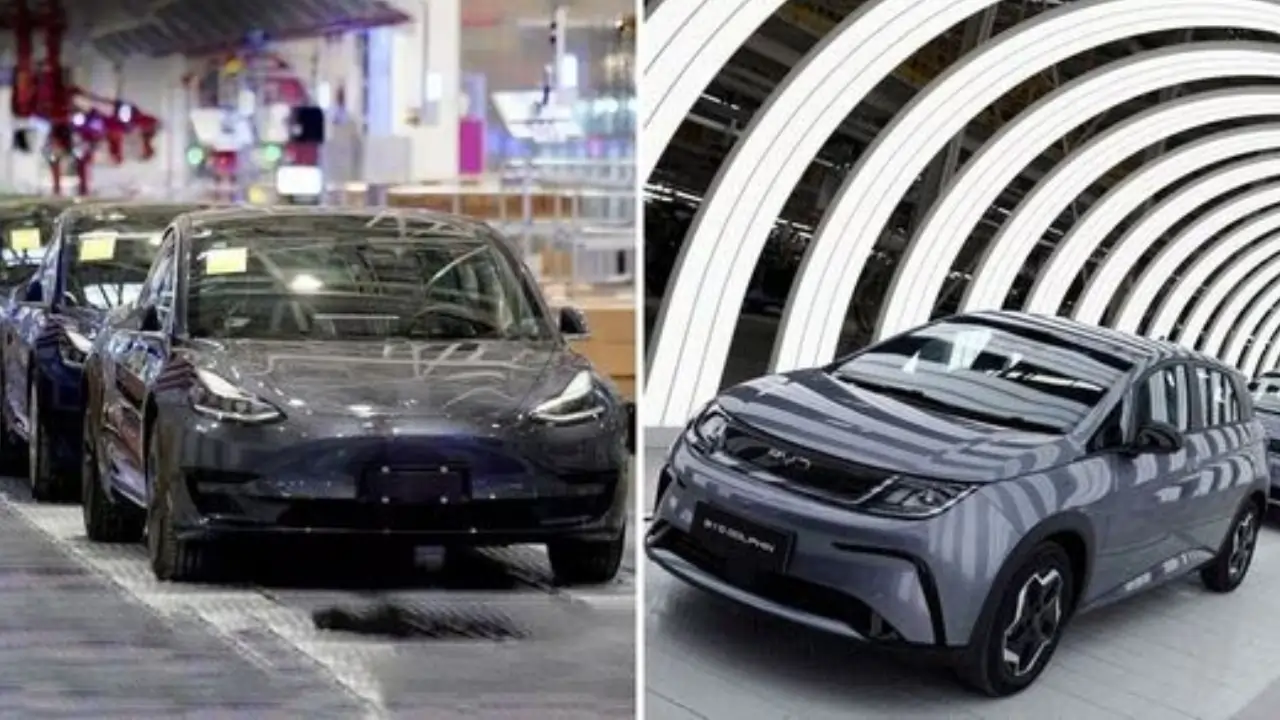
Tesla vs BYD: The High-Stakes Electric Vehicle Battle Set for 2025
4 months ago | 5 Views
Tesla and BYD have been competing fiercely for dominance in the electric vehicle market for an extended period. However, the competition is poised to intensify even further by 2025. The question remains: who will emerge victorious, and who will settle for second place
As of now, the outcome of the 2024 competition is still uncertain, but both Tesla and BYD have been operating at full capacity over the past year. While BYD provides a range of vehicles, including plug-in hybrids and fully electric models, Tesla maintains a strictly electric lineup. Notably, BYD has only recently embarked on its global expansion efforts. Some observers liken this rivalry to a ‘David vs Goliath’ scenario, but the true roles of each company in this context are debatable.
BYD stands as China's foremost new-energy vehicle (NEV) manufacturer, wielding significant influence in its domestic market, which is also the largest automotive and electric vehicle market globally. Its recent expansion initiatives have bolstered sales, despite the absence of a presence in the United States. From January to November 2024, BYD successfully delivered more vehicles than in the same period of 2023. Analysts are now forecasting a record-breaking fourth quarter for the company. However, the critical question remains: will this be sufficient to surpass Tesla?

Tesla vs BYD: Crunching the numbers
The official figures for 2024 have yet to be released, so let us consider the data from 2023 as a reference. In that year, BYD achieved sales of 3.02 million units, encompassing both electric vehicles (EVs) and hybrids, reflecting a remarkable 61 per cent increase compared to the previous year. Out of this total, around 1.60 million units were fully electric vehicles. However, it is important to note that in 2023, the proportion of pure electric vehicles surpassed that of hybrids for BYD, a trend that has reversed in 2024, with hybrids now leading the sales figures.
According to a Reuters report, BYD sold 1.6 million hybrids and 1.2 million pure EVs globally from January to September 2024. With a goal of reaching a total of 4 million units sold by the end of the year, it will be intriguing to analyze the ratio of pure EVs in comparison to a dedicated electric vehicle manufacturer like Tesla.
Turning to Tesla, the company experienced a mix of successes and challenges. In 2023, Tesla sold 1.80 million units, marking a 38 per cent increase year-on-year, which exceeded the 1.60 million EVs sold by BYD during the same period.
However, there are strong indications that in 2024, major markets are leaning more towards hybrids, as evidenced by BYD's sales mix, a situation that Tesla cannot replicate due to its lack of hybrid offerings. Consequently, while CEO Elon Musk aims for a record year, the past twelve months have presented a somewhat inconsistent performance for the company.
BYD is aiming for a total of four million units delivered in 2024, while Tesla is projected to announce global deliveries of 1.81 million units, indicating little change from 2023. This raises the question of whether this outcome can be considered a consolation prize.
Tesla's Trump card?
If Tesla's global deliveries for 2024 are anticipated to mirror its performance in 2023, what accounts for the rise in its stock value? While BYD offers hybrid power, Tesla possesses dual advantages through its association with Trump and advancements in autonomous driving technology.
Let us first examine the relationship between Musk and President-elect Donald Trump. The two are notably close, with Trump having been a prominent supporter of Musk during the election campaign. As Trump prepares to begin his second term in office on January 20, he has effectively become an informal advisor to Musk. According to Bloomberg, the Trump administration has indicated intentions to ease regulations surrounding self-driving vehicles in the United States, a move that would primarily benefit Tesla over its competitors. Furthermore, Trump may reconsider his plans to eliminate electric vehicle incentives introduced by Joe Biden, especially if Musk can persuade him otherwise.
It is important to recognize that Tesla's scope extends beyond electric vehicles. A Forbes report suggests that under Trump's leadership, characterized by tax reductions, relaxed monetary policies, diminished regulations, and more favourable trade practices, the company could fully realize its potential.
Is this a decisive advantage for Tesla? Predicting the outcome of the electric vehicle competition remains uncertain, as both Tesla and BYD continue to advance in their respective markets. By 2025, it is conceivable that a contest between these two giants will shape the future of mobility for many years to come.
Read more news like this on HindustanTimes.com
# Tesla # ElonMusk # EV

